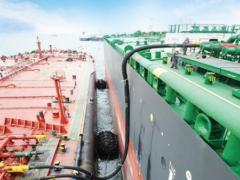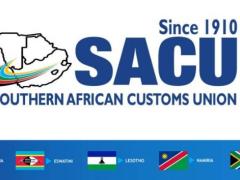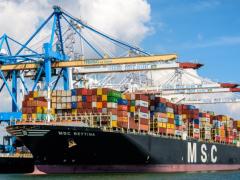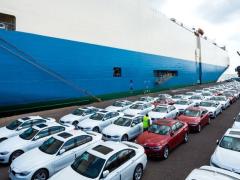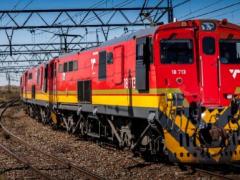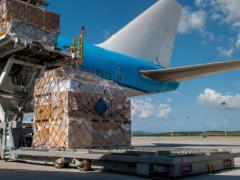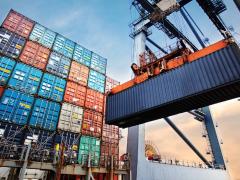With project cargo activity picking up across southern Africa, particularly on the back of renewed momentum in mining, oil and gas, and energy developments, logistics companies are expanding their presence in the region. Many are opening offices or partnering locally to keep up with demand. According to Duncan Bonnett, partner at Africa House, growing industrial investment, especially in energy projects and downstream mineral processing, is creating solid opportunities for logistics operators on the ground. “We’re seeing a lot of the big logistics companies, whether it’s general trade or project cargo, expanding their presence in southern Africa,” said Bonnett. “Some are establishing direct operations, others are working through third parties. It’s becoming an increasingly global marketplace because the opportunities here are simply too big to ignore.” He said a key area of interest for most of the big players was Mozambique, where the long- delayed gas projects were showing signs of revival. At the same time, Namibia’s emerging oil and gas sector is attracting growing interest and is expected to become a significant driver of project- related logistics in the region. Ongoing investment in mining and energy – particularly renewables – in countries like Zambia, the DRC, Angola, Malawi and Zimbabwe holds further potential. Bonnett said the implication for project cargo was enormous. With heavy-lift equipment, modular plant components and specialised infrastructure needs on the horizon, logistics was expected to be in high demand. “We’re heading into a hive of activity that’s going to last for years,” he told Freight News. While project cargo volumes were already being driven by a boom in mining, oil and gas, and broader energy investments, even more growth is expected as demand for local beneficiation intensifies. With more African countries insisting that raw minerals be processed domestically, the need to construct smelters, refineries, and other processing facilities is increasing, bringing with it a new wave of project cargo requirements. But this next phase of industrialisation comes with its own challenges. “You can’t build or operate a smelter without competitively priced, reliable power,” said Bonnett. “So alongside the processing facilities, we’re going to see more energy projects coming online to support them.” Asked about the hurdles that could impact these developments, Bonnett said that while the opportunities were significant, the challenges remained familiar. “There’s nothing particularly new in terms of risk,” he said. “The biggest threats to these kinds of projects are still global commodity prices. If there’s a sudden collapse, it could delay or shelve developments.” In addition, everyday logistical issues, particularly around cross-border transport, continue to add friction. “It’s not that they threaten the viability of a project, but they do make execution more difficult. Delays at borders, inconsistent infrastructure or regulatory red tape can all slow down delivery timelines and increase costs,” he said. LV
Logistics companies prepare for growing demand
Comments | 0



